Home / Home / Supreme Court Set to Hear Key Petitions Challenging Waqf Law Amendments: A Legal Battle with Nationwide Implications
Supreme Court Set to Hear Key Petitions Challenging Waqf Law Amendments: A Legal Battle with Nationwide Implications
By: My India Times
5 minutes read 87Updated At: 2025-04-16

New Delhi, April 16 — The Supreme Court of India is slated to hear a series of petitions today that challenge the constitutional validity of the Waqf Act and its recent amendments. These petitions question the very framework governing the administration of Muslim charitable properties in India, known as waqf properties, and have stirred a debate that stretches beyond legal circles into political and religious domains.
The outcome of this hearing could have far-reaching consequences for how waqf properties—donated for religious or charitable purposes under Islamic law—are identified, managed, and regulated across the country.
What Is the Waqf Act?
The Waqf Act, originally passed in 1995, establishes a Central Waqf Council and separate State Waqf Boards to oversee the management of properties donated for Muslim religious and charitable purposes. Over the years, the Act has been amended several times, with the most significant revision occurring in 2013, which strengthened the power of Waqf Boards in property matters, including provisions that bar civil courts from interfering in disputes involving waqf property.
However, it is these very provisions—specifically those limiting judicial review and granting sweeping powers to Waqf Boards—that have come under the legal scanner.
The Legal Challenge
A cluster of petitions, including some filed by public interest litigants and social activists, allege that certain provisions of the Waqf Act violate the fundamental rights guaranteed under the Indian Constitution. The petitioners argue that:
The law gives disproportionate authority to Waqf Boards without adequate checks and balances.
It restricts the jurisdiction of civil courts, thus denying property owners a proper legal remedy.
It allows unilateral declaration of properties as waqf land without informing or consulting the rightful owners.
The petitioners are seeking the quashing of these contentious clauses and a reexamination of the Act's compatibility with Articles 14 (equality before the law), 19 (freedom of property and profession), and 21 (right to life and liberty) of the Constitution.
Political Involvement: BJP States Enter the Arena
In an interesting twist, six BJP-ruled states—Uttar Pradesh, Madhya Pradesh, Gujarat, Haryana, Assam, and Uttarakhand—have filed applications seeking to join the proceedings as parties defending the existing Waqf law framework.
These states argue that the law is essential to protect religious endowments and ensure their proper management, and that dismantling the Waqf system could lead to disorder in how charitable Muslim properties are administered. Their involvement indicates the issue's political sensitivity and the broader ideological battle surrounding minority rights and property laws in India.
Key Issues in Focus
Today's Supreme Court hearing is expected to center around several critical legal and constitutional issues, including:
Can religious endowments be granted immunity from standard property laws?
Does the Waqf Act violate the right to equality by creating a parallel property regime for one religious group?
Should civil courts be allowed to adjudicate in cases involving waqf property disputes?
Is it constitutionally valid for Waqf Boards to declare land as waqf property without notice to owners?
Why the Case Matters
The significance of this case lies in its potential to redefine how India handles religious endowments, not just for Muslims but possibly for other communities as well. If the court rules against the Waqf Act or parts of it, it could trigger a demand for a uniform approach to the management of religious trusts and endowments across faiths.
It also raises questions about property rights, secularism, and the role of religion in Indian governance.
Voices from Both Sides
Petitioners’ Standpoint:
The petitioners have pointed out cases where landowners have been shocked to learn that their property has been listed as waqf land without any prior notice or hearing. They argue that this violates principles of natural justice and property rights.
Senior advocates representing the petitioners have also called the Waqf Boards “state-sponsored parallel authorities” that bypass established judicial processes, especially in land-related disputes.
Defenders’ Argument:
Supporters of the current Waqf law maintain that the system is essential for protecting and maintaining centuries-old religious donations that serve the socio-religious needs of the Muslim community. They argue that the law is in line with similar legal protections given to Hindu and Christian endowments.
Furthermore, proponents assert that the Waqf Boards help prevent illegal encroachment and mismanagement of valuable religious assets.
A Delicate Constitutional Balance
This case is yet another test of how India balances the right to religious freedom with the right to equality and due process. It touches upon Article 25 (freedom of religion) but also intersects with Article 300A, which protects the right to property.
Legal experts suggest that the verdict could clarify the contours of what constitutes "reasonable restrictions" in religious property laws.
Past Precedents
The Supreme Court has previously dealt with issues involving Hindu and Christian religious trusts, often emphasizing transparency, accountability, and the protection of devotees’ rights. Observers are keen to see if a similar approach is taken in the context of Muslim religious property.
What’s Next?
Following today's hearing, the court may issue interim directions or form a constitutional bench if the matter is deemed to involve substantial questions of law.
The final judgment, whenever it comes, could shape the future legal framework for religious endowments in India and set a precedent for other religious communities as well.
....New Delhi, April 16 — The Supreme Court of India is slated to hear a series of petitions today that challenge the constitutional validity of the Waqf Act and its recent amendments. These petitions question the very framework governing the administration of Muslim charitable properties in India, known as waqf properties, and have stirred a debate that stretches beyond legal circles into political and religious domains.
The outcome of this hearing could have far-reaching consequences for how waqf properties—donated for religious or charitable purposes under Islamic law—are identified, managed, and regulated across the country.
What Is the Waqf Act?
The Waqf Act, originally passed in 1995, establishes a Central Waqf Council and separate State Waqf Boards to oversee the management of properties donated for Muslim religious and charitable purposes. Over the years, the Act has been amended several times, with the most significant revision occurring in 2013, which strengthened the power of Waqf Boards in property matters, including provisions that bar civil courts from interfering in disputes involving waqf property.
However, it is these very provisions—specifically those limiting judicial review and granting sweeping powers to Waqf Boards—that have come under the legal scanner.
The Legal Challenge
A cluster of petitions, including some filed by public interest litigants and social activists, allege that certain provisions of the Waqf Act violate the fundamental rights guaranteed under the Indian Constitution. The petitioners argue that:
The law gives disproportionate authority to Waqf Boards without adequate checks and balances.
It restricts the jurisdiction of civil courts, thus denying property owners a proper legal remedy.
It allows unilateral declaration of properties as waqf land without informing or consulting the rightful owners.
The petitioners are seeking the quashing of these contentious clauses and a reexamination of the Act's compatibility with Articles 14 (equality before the law), 19 (freedom of property and profession), and 21 (right to life and liberty) of the Constitution.
Political Involvement: BJP States Enter the Arena
In an interesting twist, six BJP-ruled states—Uttar Pradesh, Madhya Pradesh, Gujarat, Haryana, Assam, and Uttarakhand—have filed applications seeking to join the proceedings as parties defending the existing Waqf law framework.
These states argue that the law is essential to protect religious endowments and ensure their proper management, and that dismantling the Waqf system could lead to disorder in how charitable Muslim properties are administered. Their involvement indicates the issue's political sensitivity and the broader ideological battle surrounding minority rights and property laws in India.
Key Issues in Focus
Today's Supreme Court hearing is expected to center around several critical legal and constitutional issues, including:
Can religious endowments be granted immunity from standard property laws?
Does the Waqf Act violate the right to equality by creating a parallel property regime for one religious group?
Should civil courts be allowed to adjudicate in cases involving waqf property disputes?
Is it constitutionally valid for Waqf Boards to declare land as waqf property without notice to owners?
Why the Case Matters
The significance of this case lies in its potential to redefine how India handles religious endowments, not just for Muslims but possibly for other communities as well. If the court rules against the Waqf Act or parts of it, it could trigger a demand for a uniform approach to the management of religious trusts and endowments across faiths.
It also raises questions about property rights, secularism, and the role of religion in Indian governance.
Voices from Both Sides
Petitioners’ Standpoint:
The petitioners have pointed out cases where landowners have been shocked to learn that their property has been listed as waqf land without any prior notice or hearing. They argue that this violates principles of natural justice and property rights.
Senior advocates representing the petitioners have also called the Waqf Boards “state-sponsored parallel authorities” that bypass established judicial processes, especially in land-related disputes.
Defenders’ Argument:
Supporters of the current Waqf law maintain that the system is essential for protecting and maintaining centuries-old religious donations that serve the socio-religious needs of the Muslim community. They argue that the law is in line with similar legal protections given to Hindu and Christian endowments.
Furthermore, proponents assert that the Waqf Boards help prevent illegal encroachment and mismanagement of valuable religious assets.
A Delicate Constitutional Balance
This case is yet another test of how India balances the right to religious freedom with the right to equality and due process. It touches upon Article 25 (freedom of religion) but also intersects with Article 300A, which protects the right to property.
Legal experts suggest that the verdict could clarify the contours of what constitutes "reasonable restrictions" in religious property laws.
Past Precedents
The Supreme Court has previously dealt with issues involving Hindu and Christian religious trusts, often emphasizing transparency, accountability, and the protection of devotees’ rights. Observers are keen to see if a similar approach is taken in the context of Muslim religious property.
What’s Next?
Following today's hearing, the court may issue interim directions or form a constitutional bench if the matter is deemed to involve substantial questions of law.
The final judgment, whenever it comes, could shape the future legal framework for religious endowments in India and set a precedent for other religious communities as well.
By: My India Times
Updated At: 2025-04-16
Tags: Home News | My India Times News | Trending News | Travel News
Join our WhatsApp Channel

Similiar News
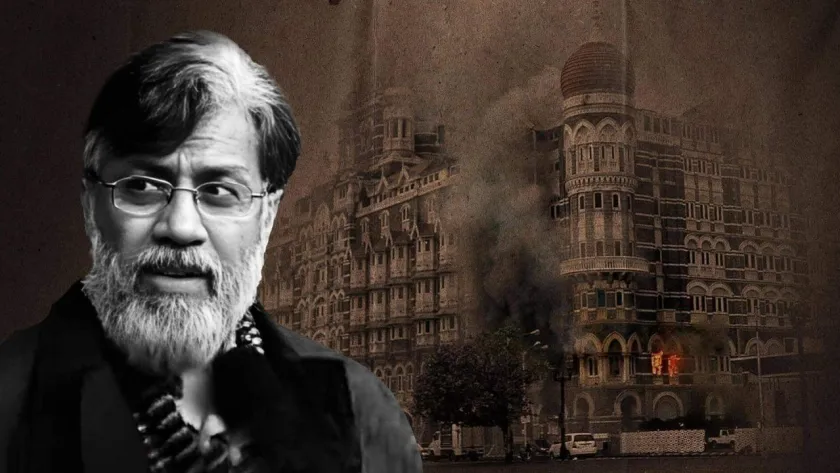
US Supreme Court Rejects 26/11 Accused Tahawwur Rana’s Plea to Block Extradition to India
2025-03-08























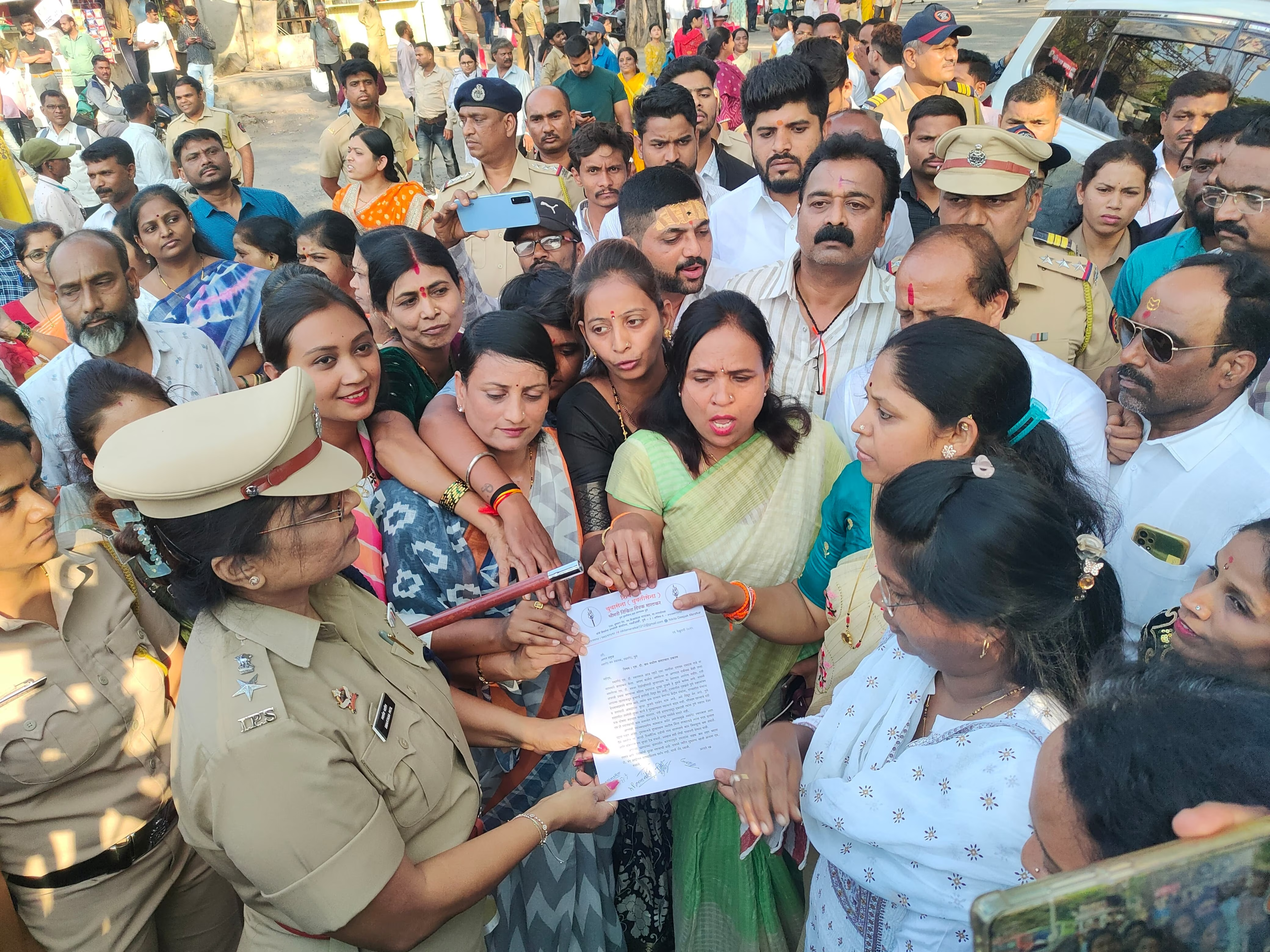

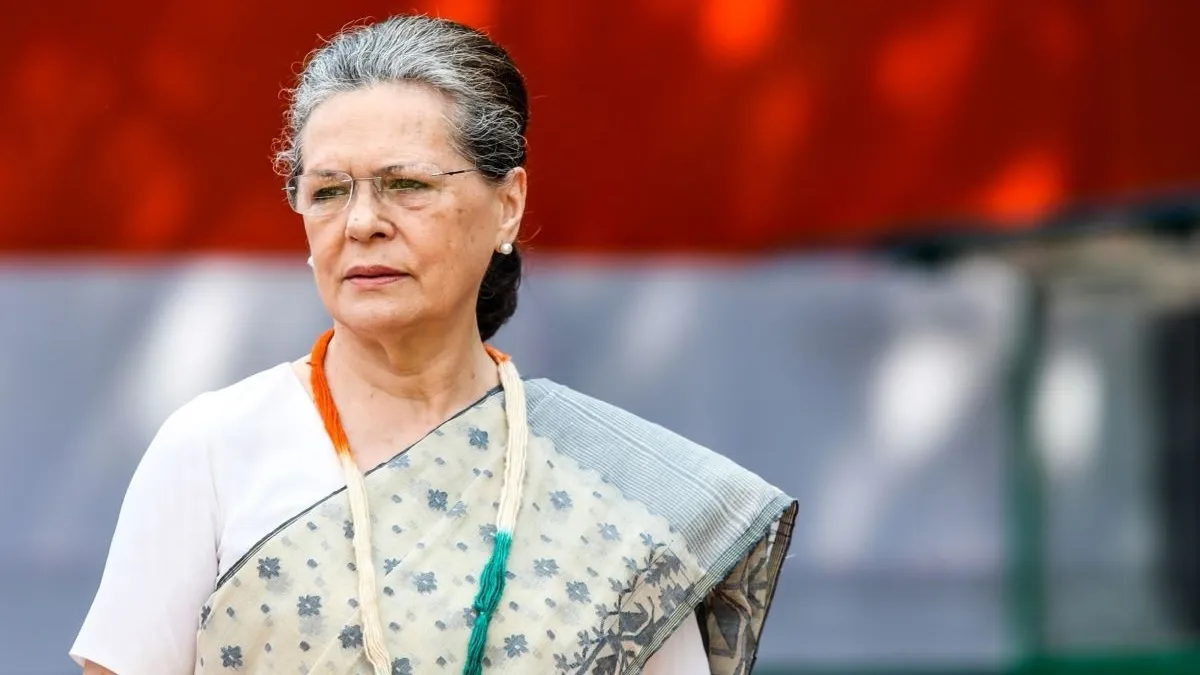
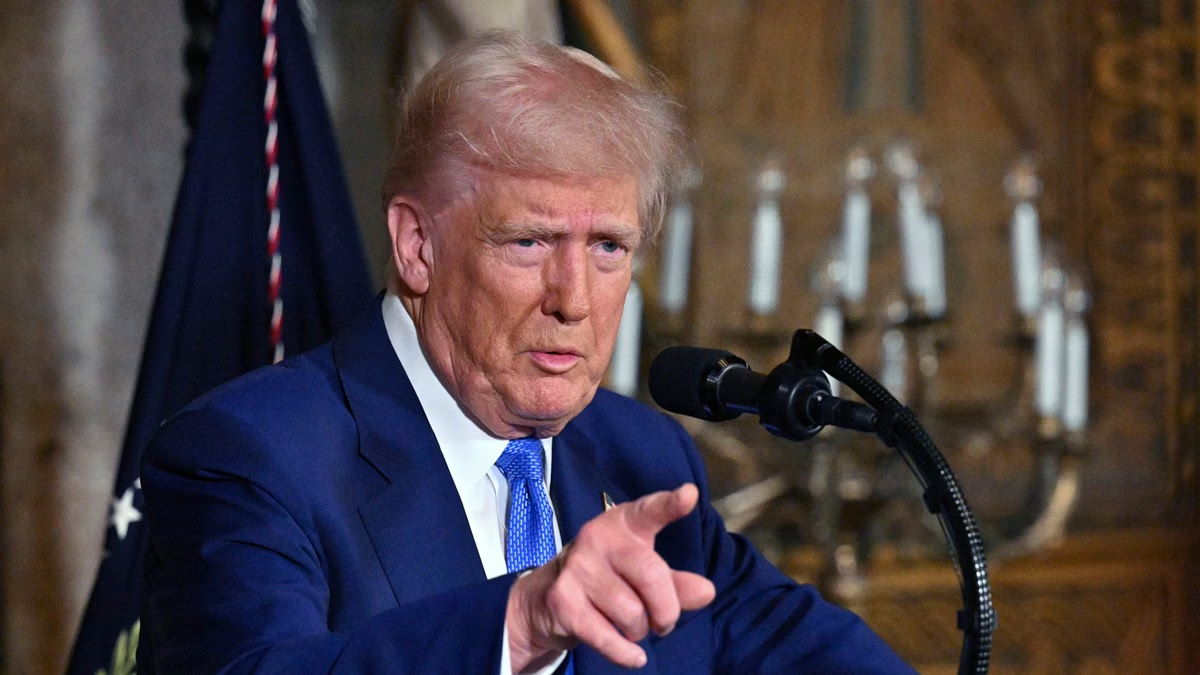
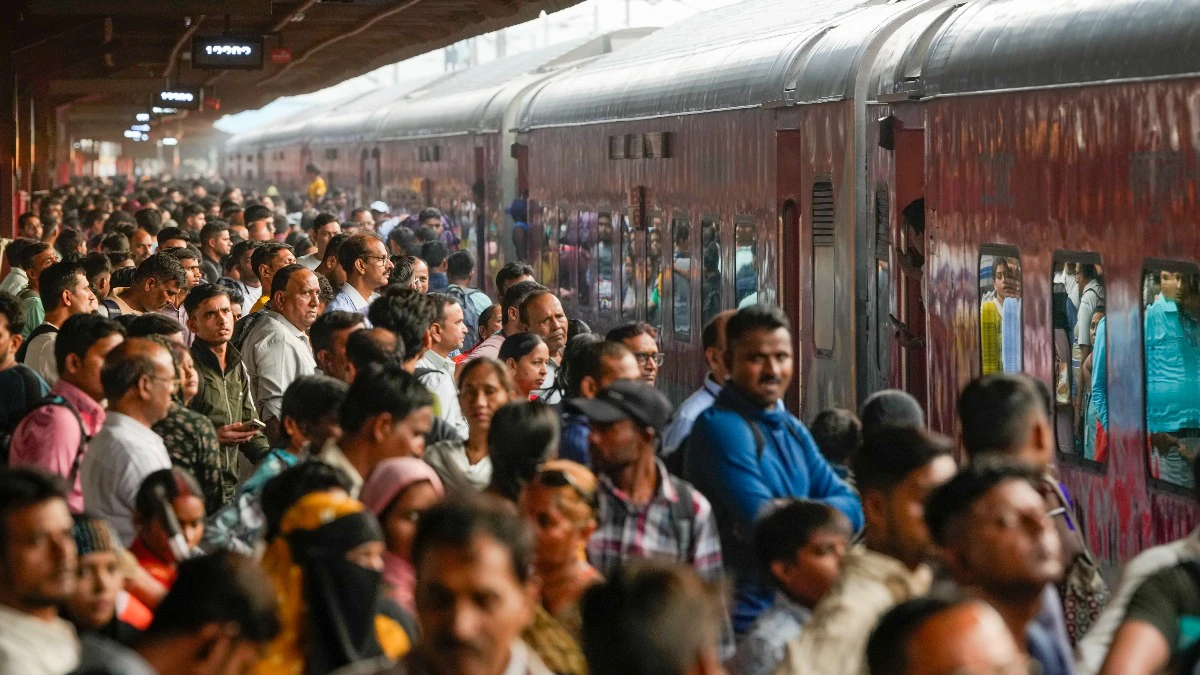













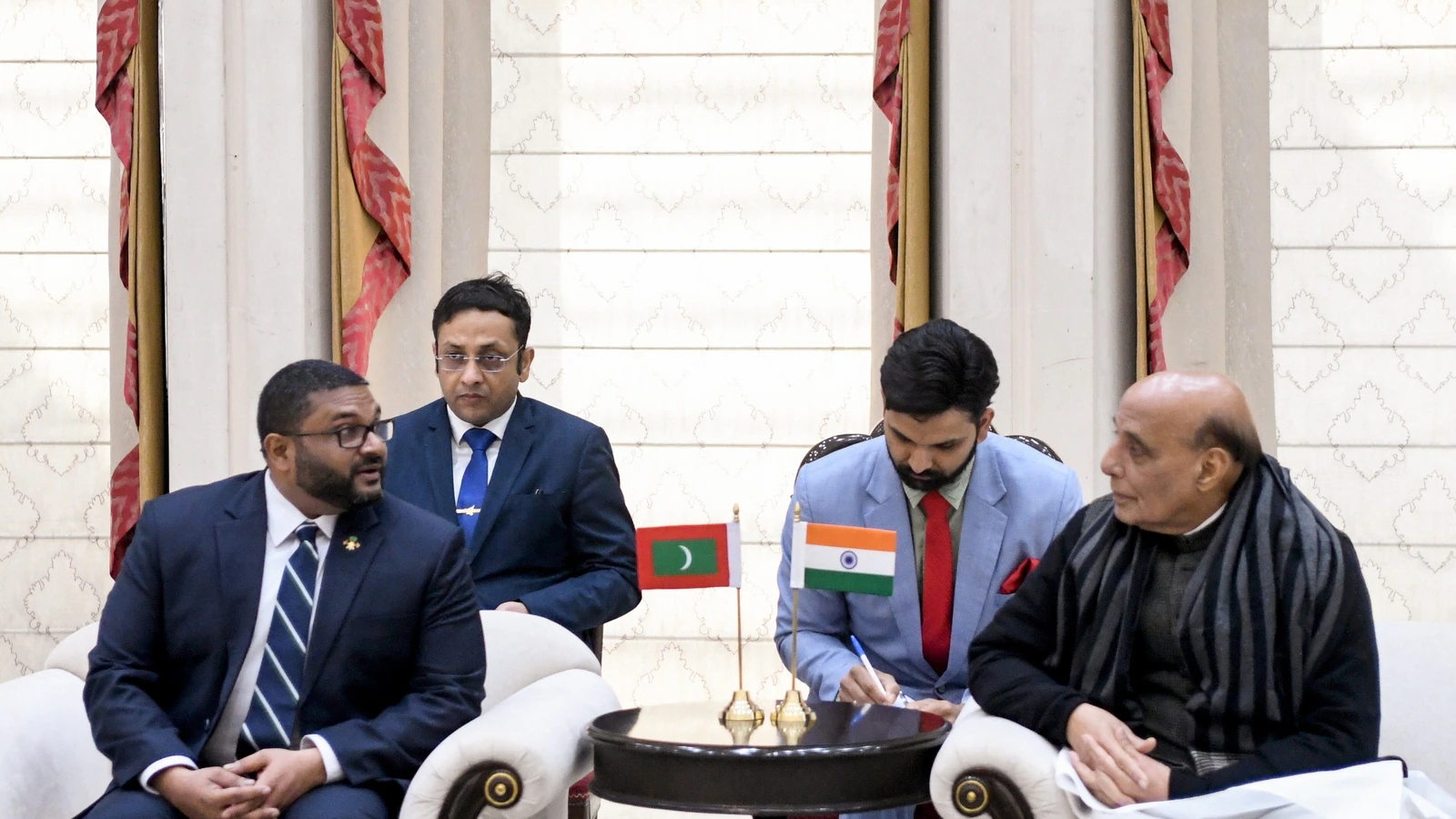

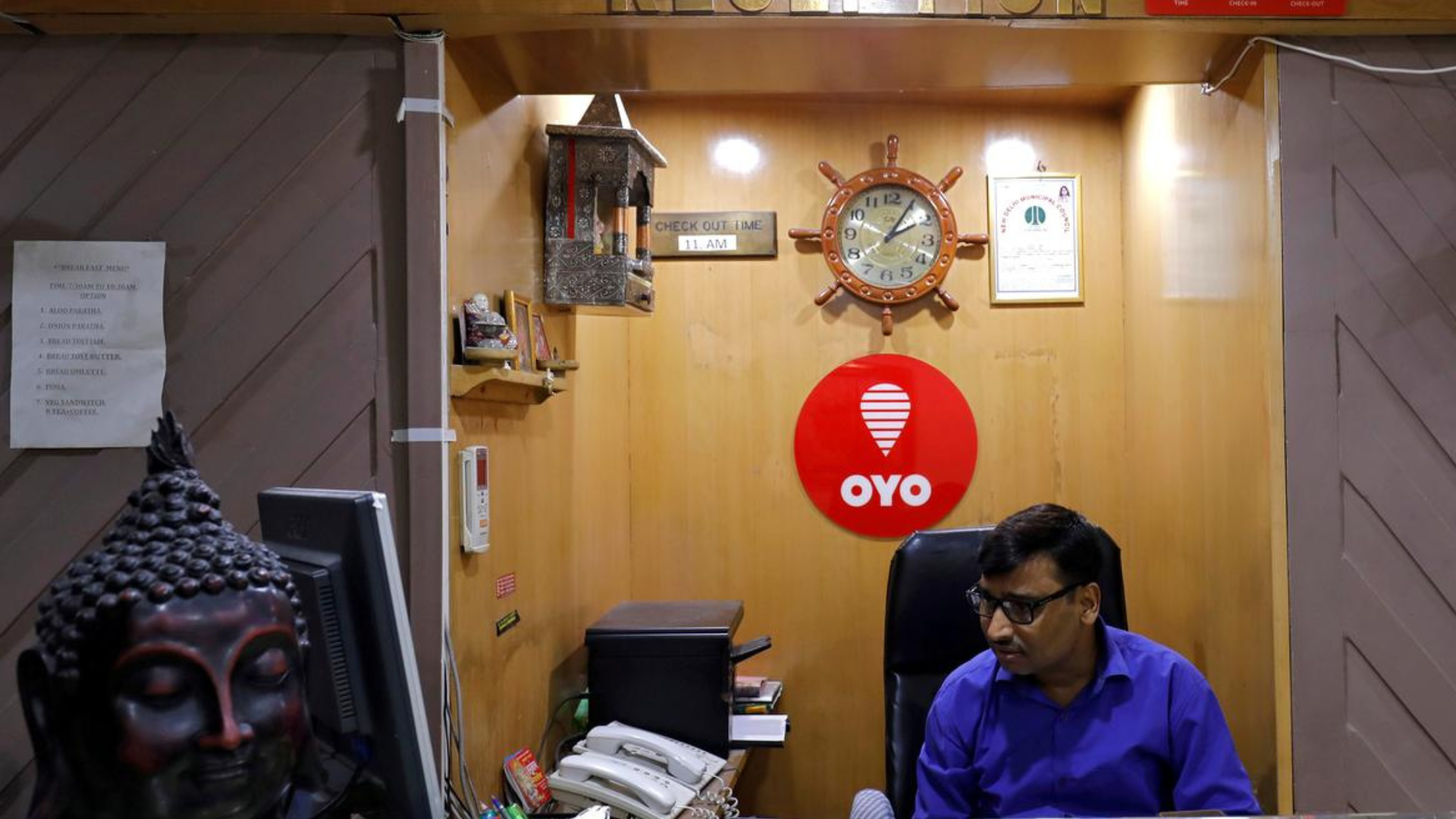

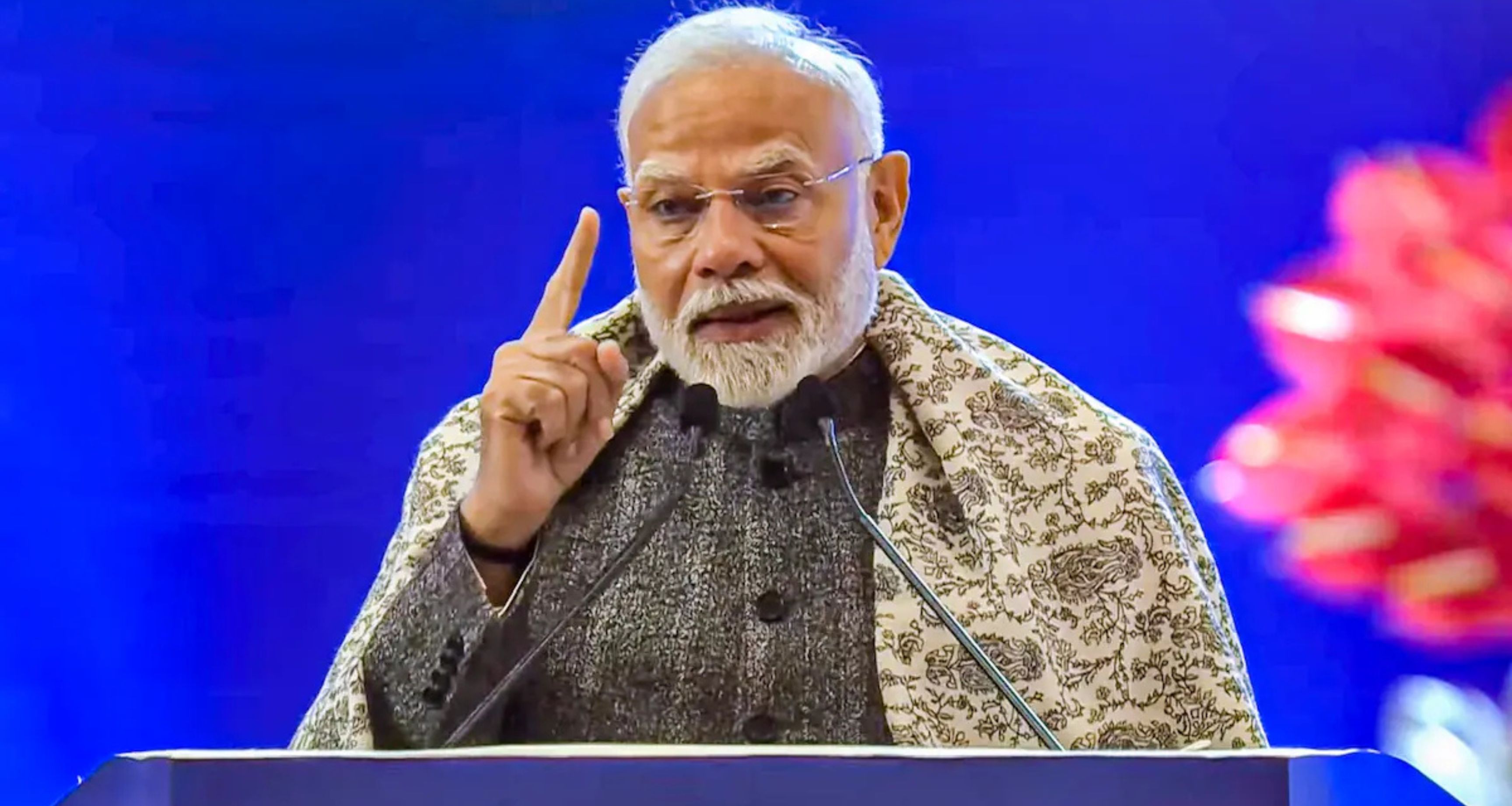
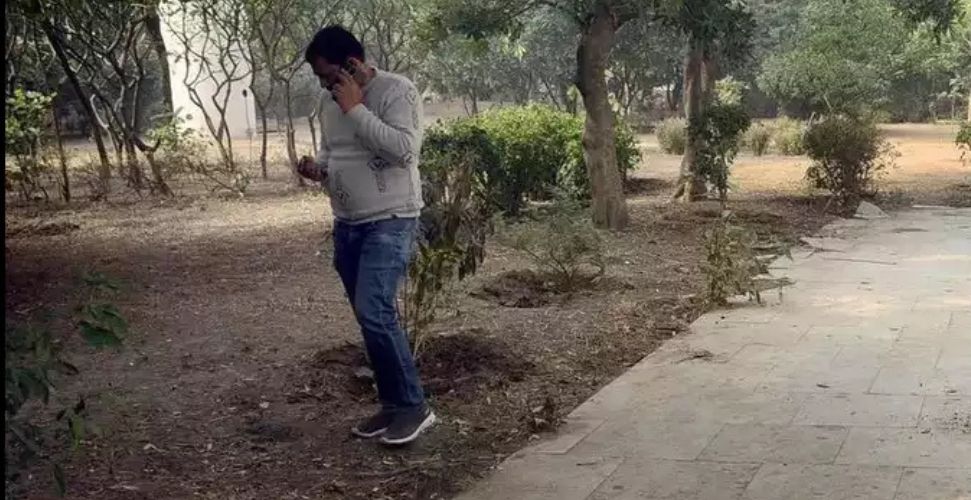

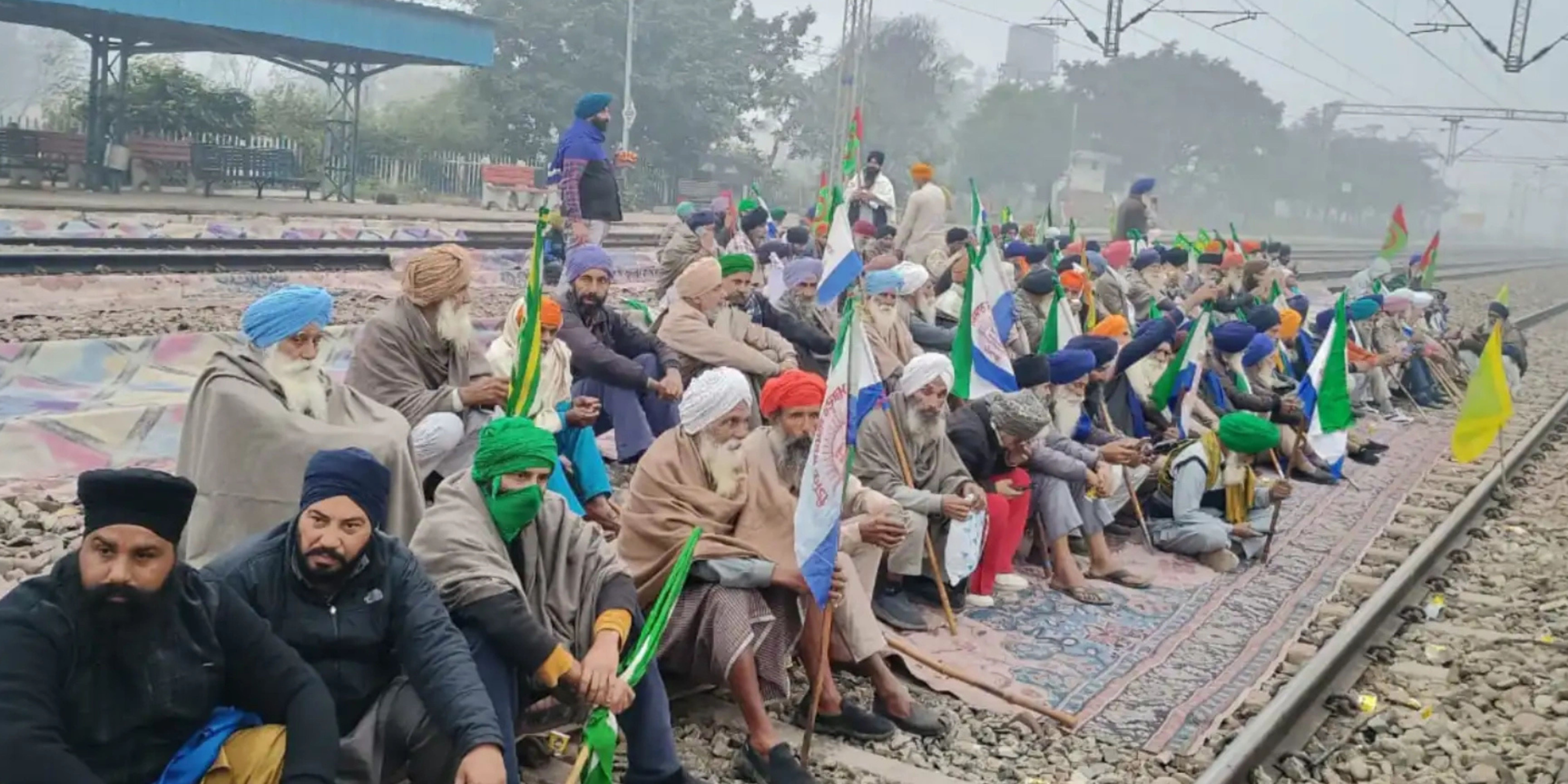
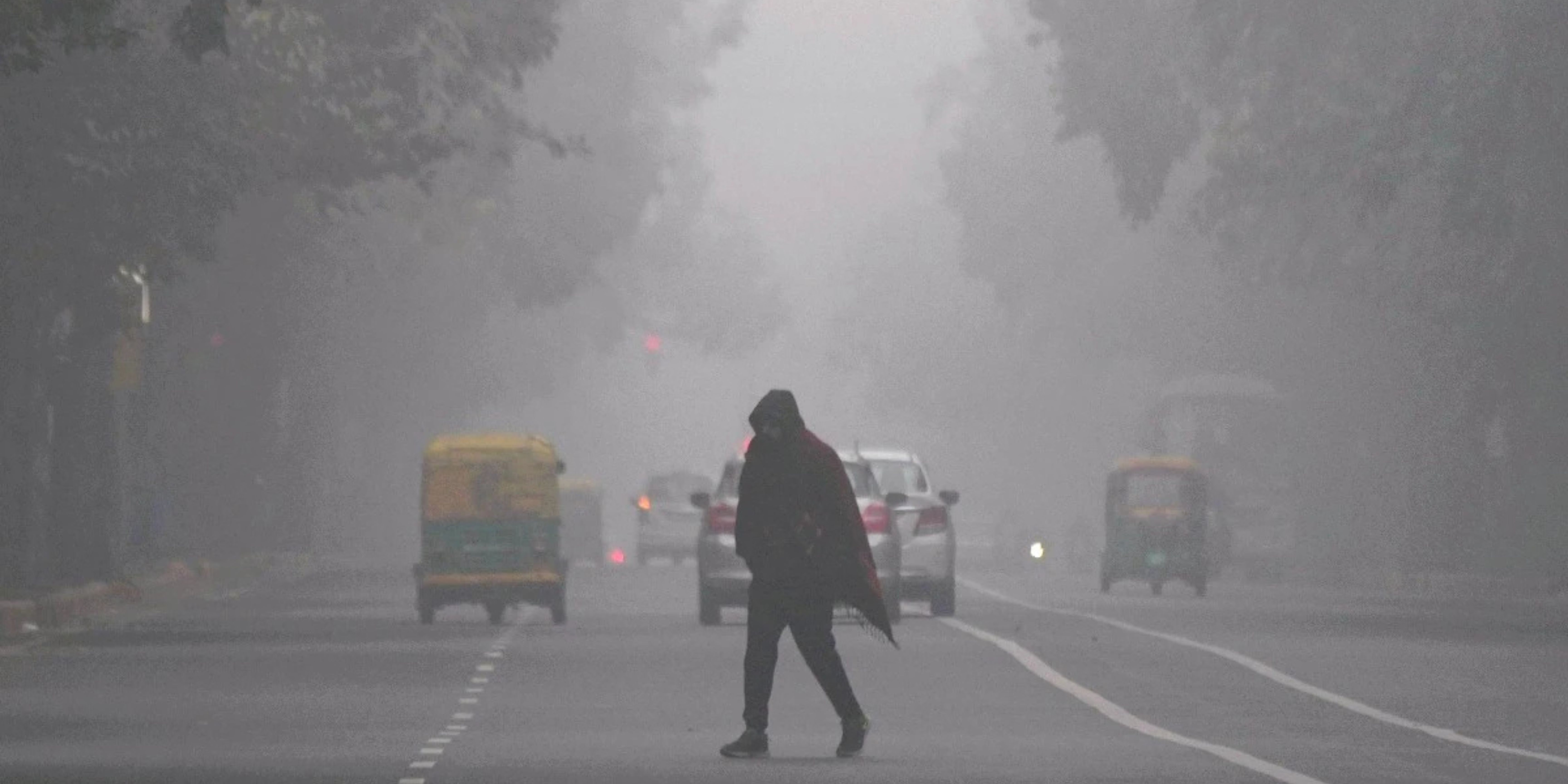




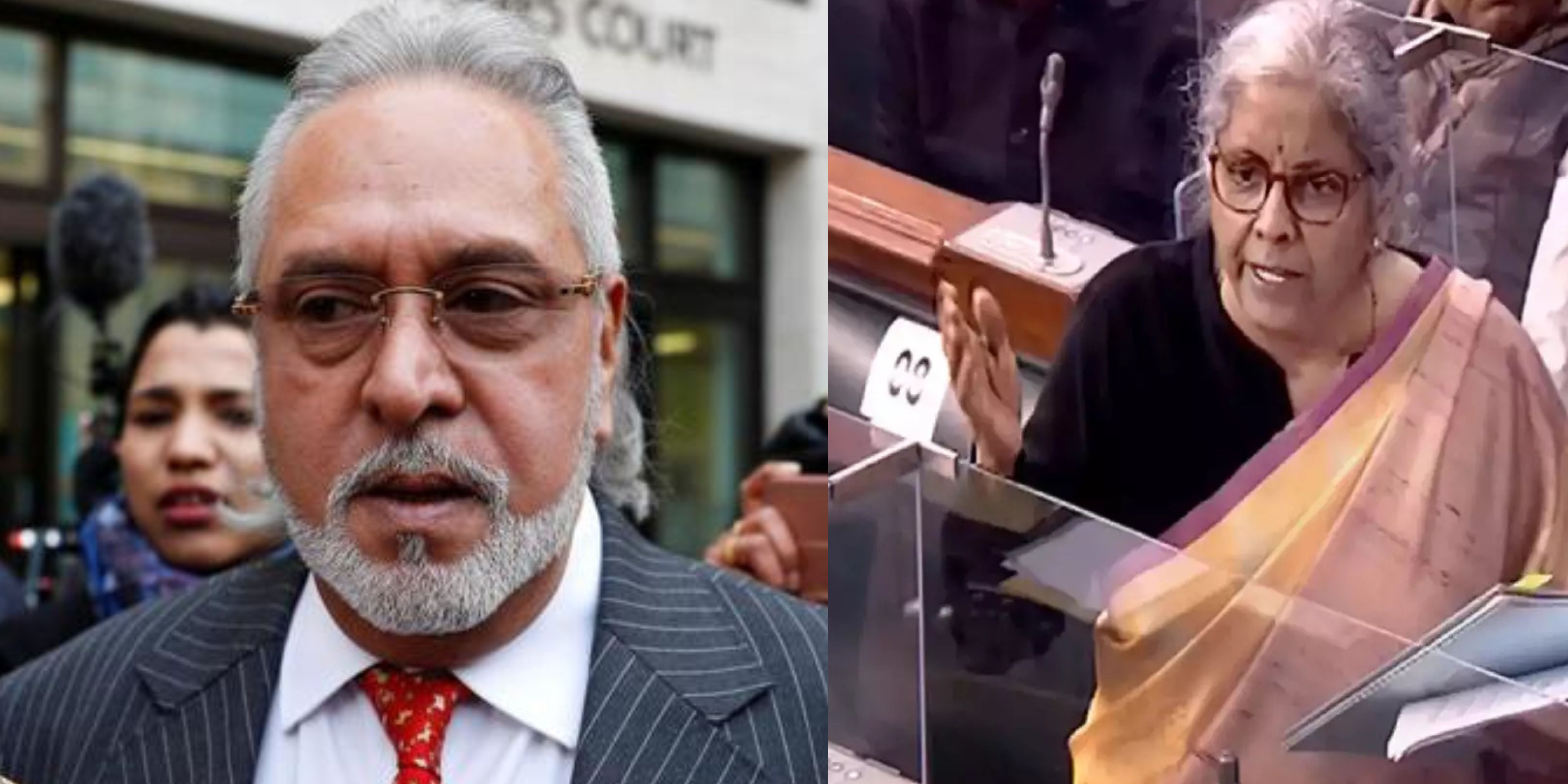

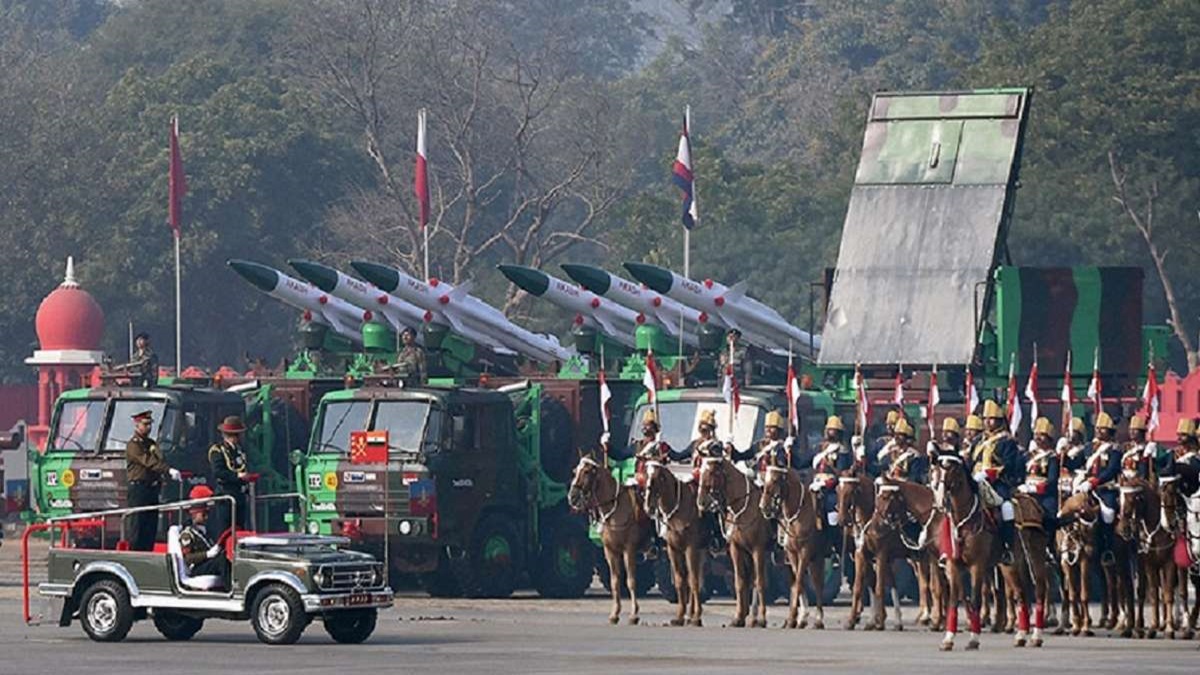

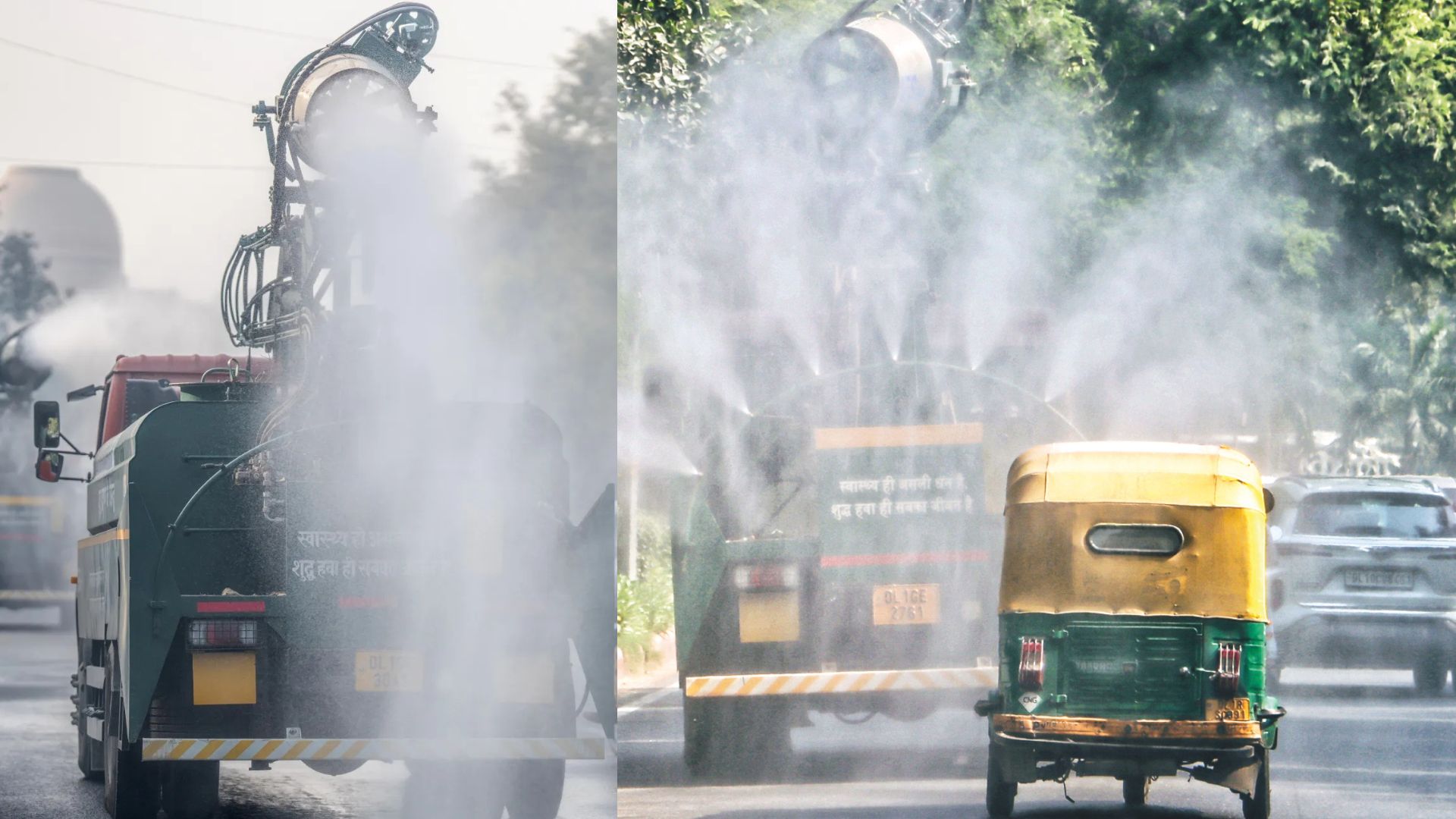
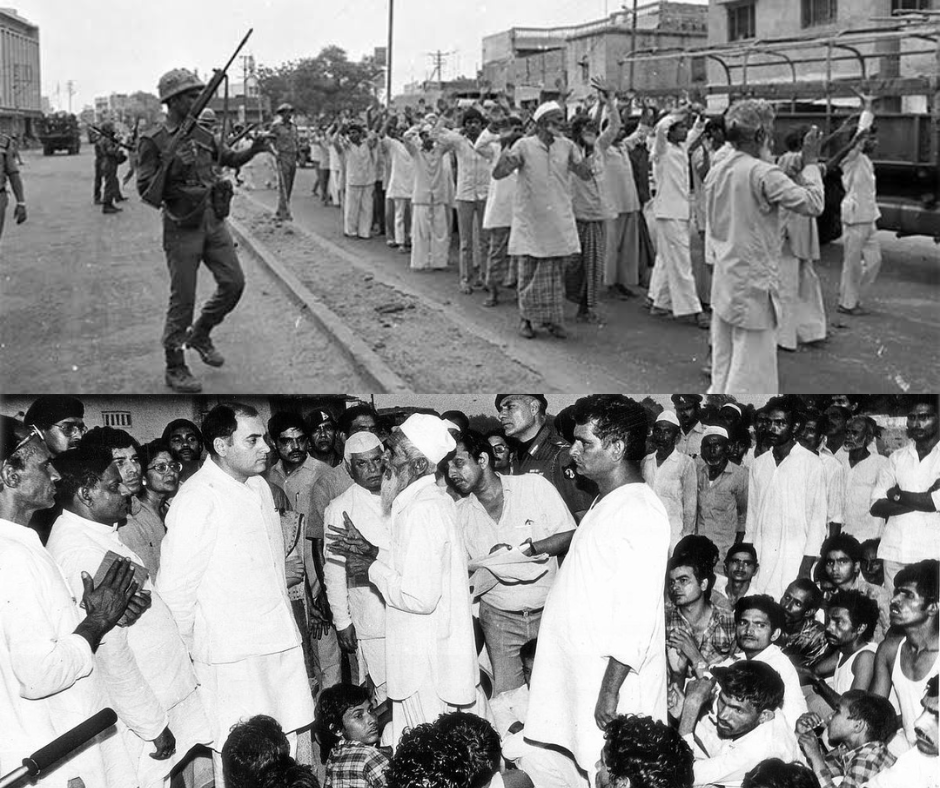




.jfif)
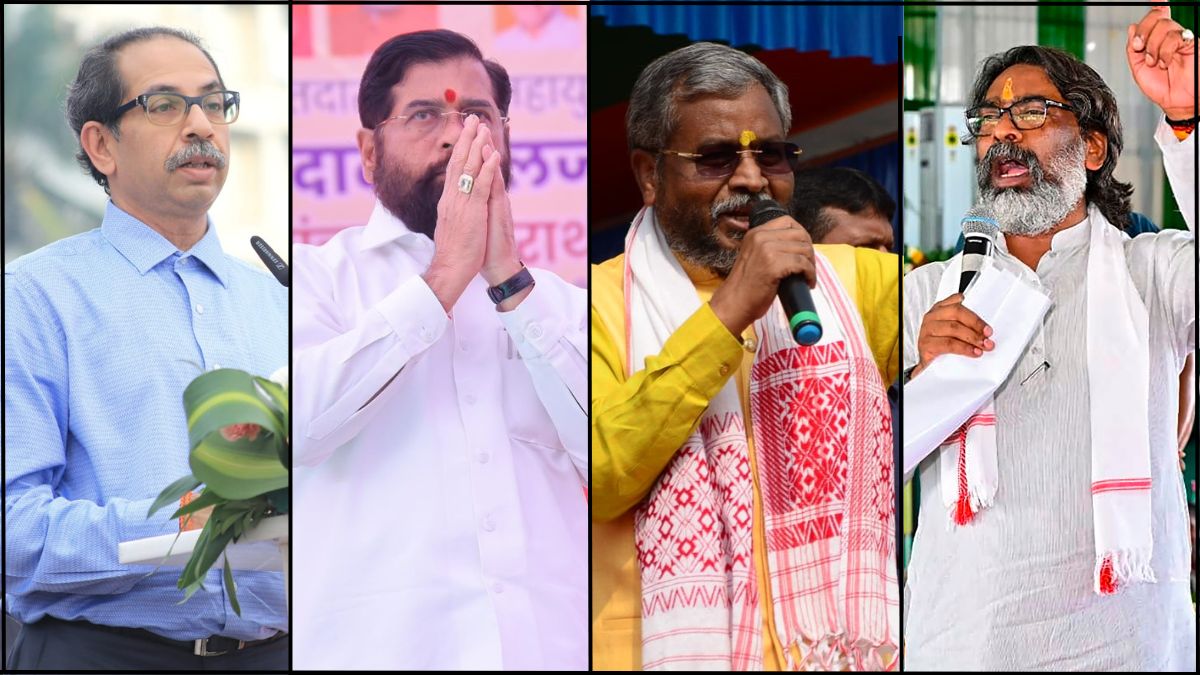


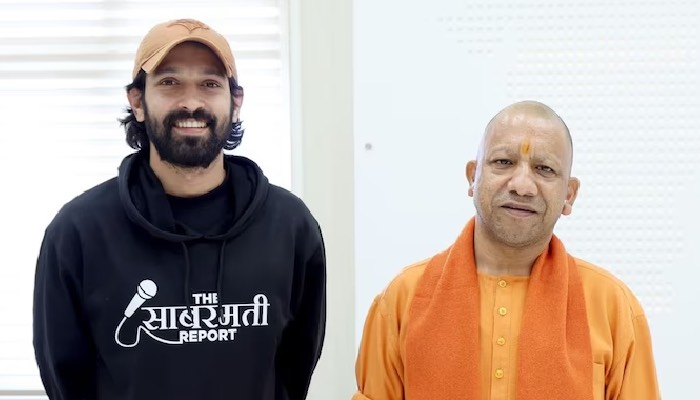

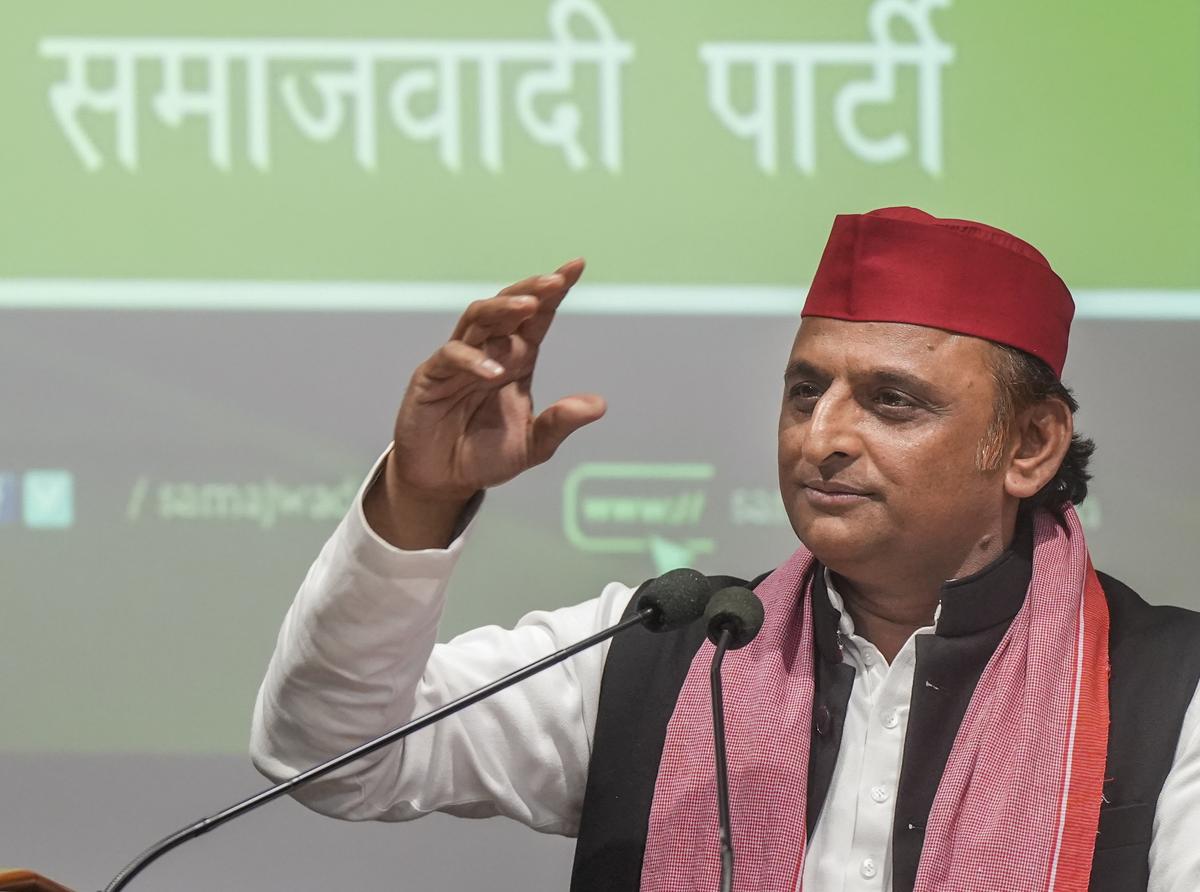

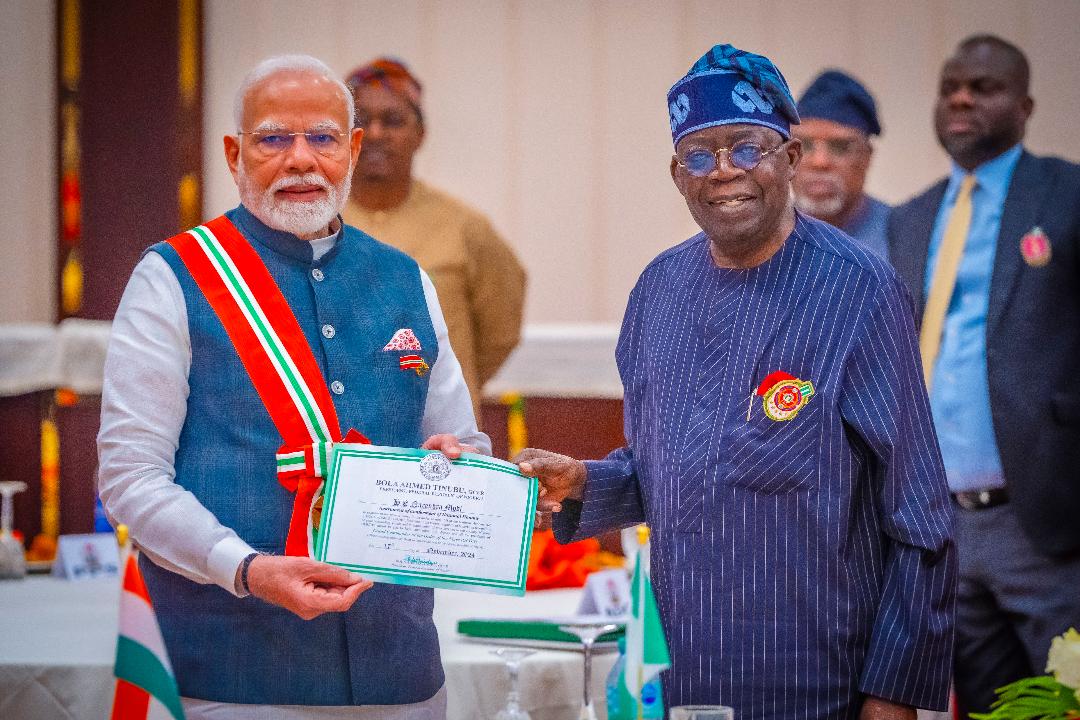

.jpg)



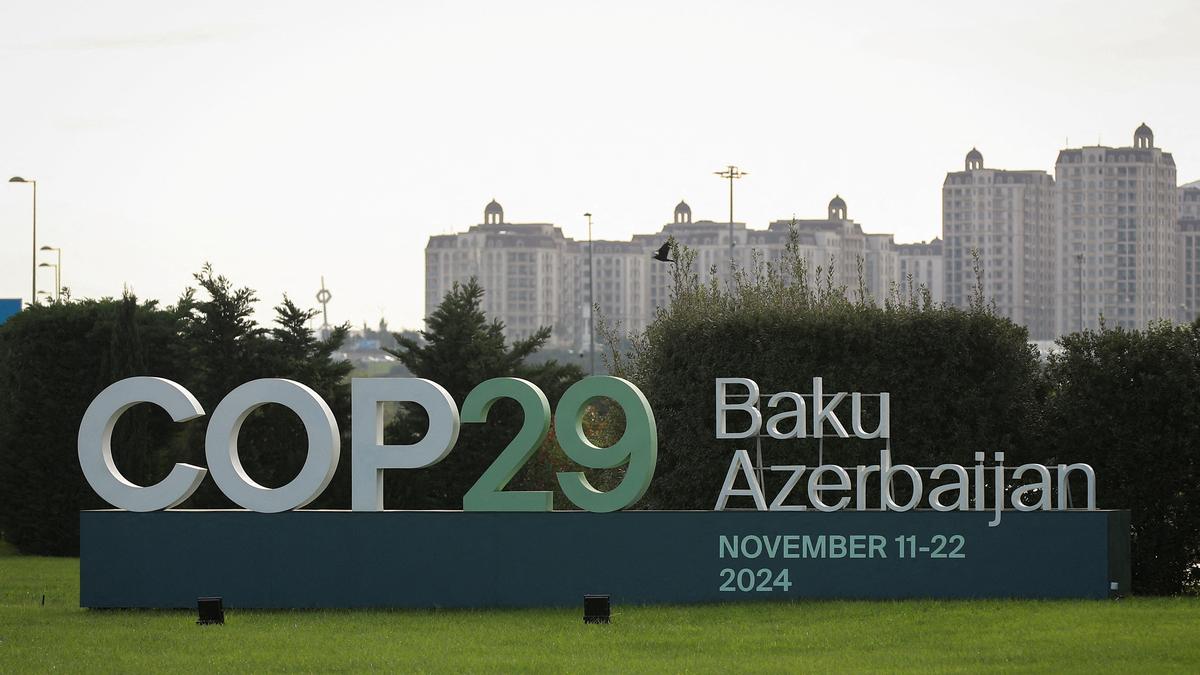

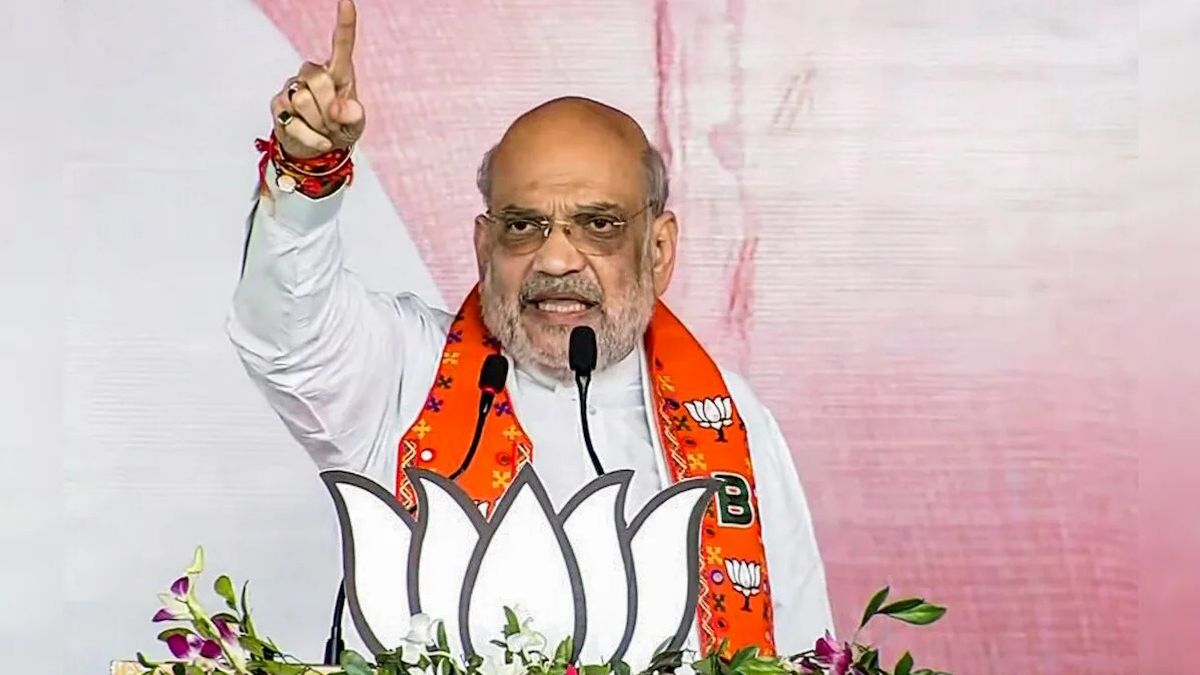

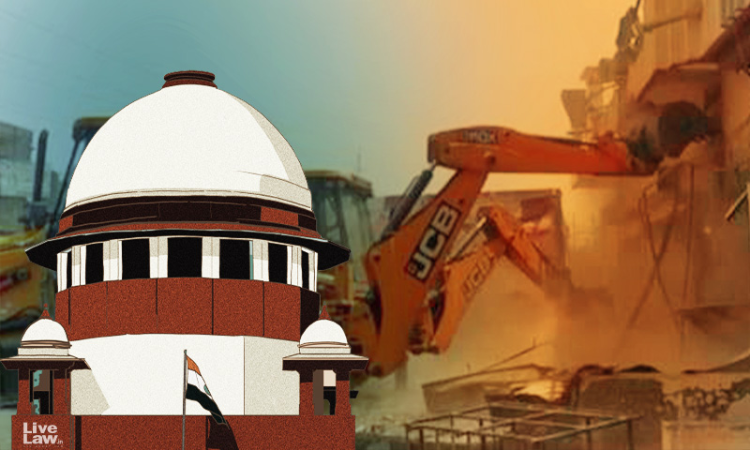

























































































.png)
 (1).png)























